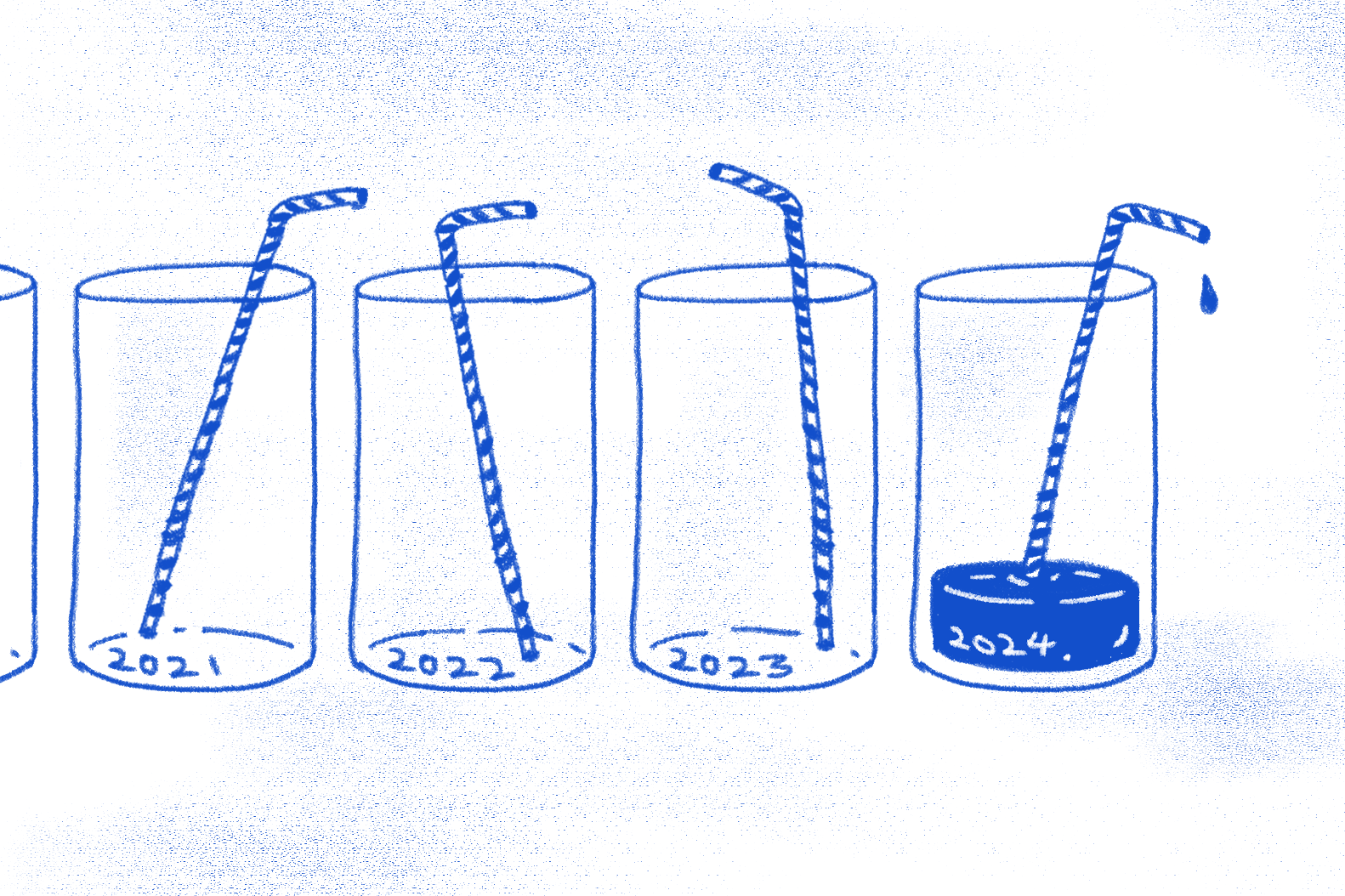There is a crescendoing cry for justice and change in almost every part of the world.
Our headlines are increasingly dominated by the social injustices in our communities, accompanied by movements calling for drastic change before things exacerbate. Most of these efforts are led by youth. From political reform in Hong Kong to climate justice across the world, young people are leading the charge to resist the status quo and demand immediate reform.
More of our generation are buying into the idea that our parents and grandparents have been irresponsible and selfish. Those who were supposed to be role models for us have failed future generations.
When I heard Greta Thunberg’s speech to global leaders at the United Nations (UN) Climate Action Summit, it sounded deeply discomforting.
So what do we do? We rage. We rant. We resist. We rebel. We disrupt societal order because that’s the only way we believe we can get our voices heard. We cite experiences of being rejected, judged, shunned, ignored and looked down upon as the basis for our anger and actions.
I feel that too. There is so much to complain about adults. But rather than doing that and taking sides against the older generation, we ought to take a step back and look at ourselves first.

Having a deep passion for current affairs and social justice, I spent the past few months getting myself and others more educated about issues that directly and indirectly affect us.
I was really encouraged to see greater youth activism in different societies for different issues, especially when I’ve always lamented how we aren’t engaged enough with domestic developments, let alone international ones. It feels empowering now that our generation is demanding greater action and to be heard.
However, looking at all these movements, protests and violence, things have boiled over to a point where I can’t help but feel alarmed at what we’re doing and saying.
When I heard Greta Thunberg’s speech to global leaders at the United Nations (UN) Climate Action Summit, it sounded deeply discomforting. The words and tone she used implied a sense of hatred and unforgiveness towards them and the generation they represent – our parents and grandparents.
Suddenly, she wasn’t the innocent girl demanding climate justice that I had come to know.
The unrest in Hong Kong has disrupted daily life, and sowed discord and distrust between civilians and authorities as well as the young and old. Youngsters are fighting with their parents over differing political opinions, some resorting to moving out altogether to prevent future arguments with each other.
As much as I had hoped for my generation to engage more deeply with socio-political issues, I never imagined things would turn out this way. In the midst of fighting for social justice, we have begun rejecting the authority that the Lord has placed over us (1 Peter 2:13-14) and allowing our differences in opinions to pull people to the bipolar extremes of friend and foe.
More than that, we have chosen to butt heads with one another and drive a wedge between the generations by framing existential issues as ones only youngsters care and are right about. Such generalisations unfairly misrepresent the older generations. This results in negative and inaccurate stereotypes of the older generations.
It blinds us from reality and causes us to withdraw from meaningful conversations and cooperation with them because we feel they will not listen or understand. We have neglected the greater costs of disruptions and divisions that ensue as a result of our resistance and rebellion.
While these outbursts are happening outside the walls of the Church – at least in Singapore – it doesn’t mean it cannot or won’t happen within it.
Consider how most churches have youth congregations that attend a service separate from the adults. I believe one side effect of this arrangement is a generational divide and misunderstandings at times.
In our churches, some of the adults have hurt and excluded us. They may have played the “you’re too young” card, made decisions that were not representative of our opinions and withheld opportunities for fear of what might happen when we run the show.
What makes us innocent in the ways we have likewise hurt and excluded the older generation?
There may have been considerable instances of hurt dealt to us that are deserving of an apology. But we cannot and should not force them if they aren’t convicted to do so.
Besides, what makes us innocent in the ways we have likewise hurt and excluded the older generation? It may not come immediately, but I am sure that there are things we have done and said that have disrespected them as figures of authority in our lives.
As our elders make most of the decisions in our churches, it is easy to feel neglected especially when these directly impact us. We complain that they have not reached out to us, and if they have, that such efforts were inadequate. We feel our voices are not considered and believe sharing them in the future would be futile since they have the final say in the matter anyway.
While older people think and act differently, it helps to remember that they love the Church as well.
This is exactly what the Devil desires: divisions and distrust. A divided Church would no longer be able to love and serve the people God has called us to. A divided Church does not bring glory to God.
We must pause and reflect on what we have done, and consider ways to bridge the gaps across generations. Before rambling on about what the adults have failed to do, we first ought to ask what we as young people haven’t done.
We often think we know better.
But let us learn to be humble and accept the advice and decisions of those in authority – even if we disagree – and choose to stand by them in trials. This is what a united body does. Being united does not mean we cannot have disagreements; it means respecting each other’s opinions.
In the right time, we ought to voice our views so that we give our elders an opportunity to understand where we come from and how we approach matters. We cannot expect them to know how we feel if we don’t verbalise our concerns.

So let us stay away from divisive strategies and rhetoric as we pursue unity and reconciliation.
While older people think and act differently, it helps to remember that they love the Church as well. We all want to see the Church being fruitful and making fishers of men. While they may have failed us at times, we are bound to fail our children at some point when we become adults. I hope we find grace in that day.
I pray that God will intervene to deliver us from the brokenness in the world. I pray He will give us wisdom and discernment to know how to air our opinions. I hope we will seek reconciliation rather than division.
God, grant us a heart of patience and forgiveness towards the older generation (Ephesians 4:32). Keep us united! May our similarities as sinner and children of yours transcend the multiple differences that separate us.
- What do you think of Greta Thunberg’s views?
- What is your view on the Hong Kong riots?
- Is there unity between the young and old in your church?
- How can we take a step towards building unity?









